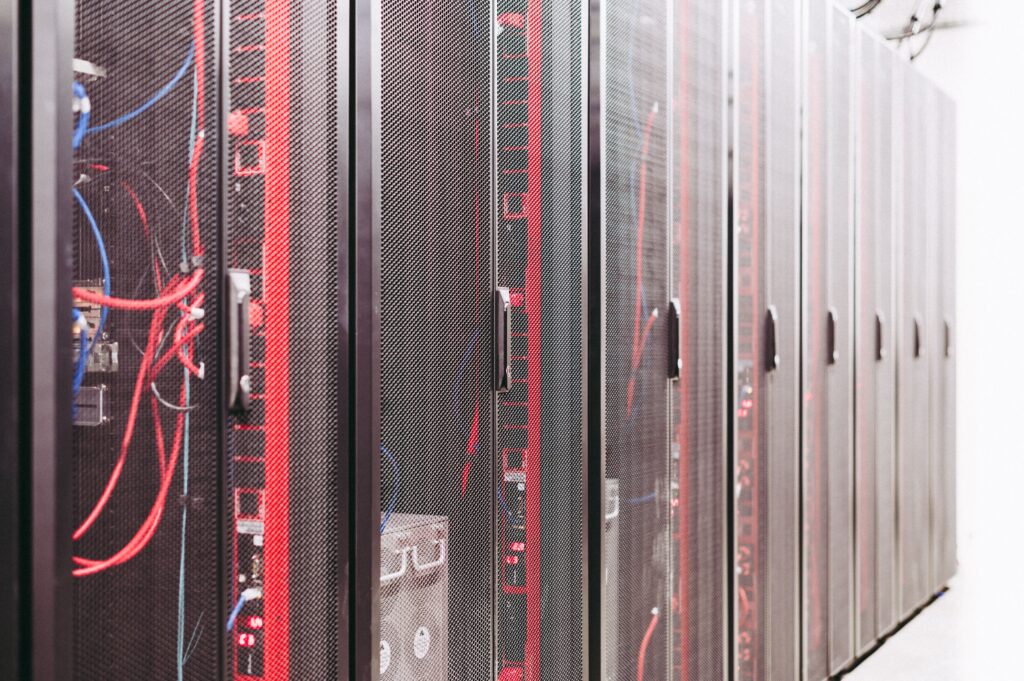Data engineers use a variety of tools on a daily basis to manage, process, and analyze data. Here are some of the most common tools used by data engineers:
- Programming Languages: Data engineers use programming languages to write scripts, applications, and data pipelines that process and manipulate large volumes of data. Python is a popular language for data engineering due to its flexibility and ease of use, and it has a wide range of libraries and frameworks for data analysis, processing, and visualization. Java and Scala are also popular languages, particularly for big data processing, as they are designed to handle large datasets and can be run on distributed systems like Hadoop and Spark.
- Databases: Data engineers use databases to store and manage large volumes of structured and unstructured data. SQL is a common language for working with relational databases, and data engineers use it to write queries to retrieve data from a database. NoSQL databases like MongoDB, Cassandra, and Couchbase are also used for unstructured data, and they offer high scalability and flexibility. Hadoop is another popular database technology for big data processing, and it is used for distributed storage and processing of large datasets.
- Big Data Technologies: Data engineers use big data technologies like Hadoop , Spark, and Kafka to process, store, and analyze large volumes of data. Hadoop is a distributed file system that allows data to be stored across multiple nodes in a cluster, and it also includes a processing framework called MapReduce for batch processing of data. Spark is another processing engine that runs in memory and is designed for processing large datasets quickly. Kafka is a distributed messaging system that allows data to be streamed between different systems and applications.
- Data Integration and ETL Tools: Data engineers use data integration and ETL (Extract, Transform, and Load) tools to move and transform data from various sources into a single data store. Apache NiFi is an open-source data integration tool that allows data to be routed between different systems and applications, and it includes a visual interface for building data pipelines. Talend is another popular ETL tool that allows data to be extracted, transformed, and loaded into different systems and applications.
- Cloud Technologies: Data engineers use cloud technologies like Amazon Web Services (AWS), Microsoft Azure, and Google Cloud Platform (GCP) to store and process data in the cloud. AWS S3 is a popular storage service for data, and it allows data to be stored in buckets that can be accessed from different systems and applications. AWS Lambda is a serverless computing service that allows code to be run without the need for a server, and it is often used for data processing tasks. AWS Glue is another ETL service that allows data to be extracted, transformed, and loaded into different data stores and systems.
- Data Visualization Tools: Data engineers use data visualization tools like Tableau, Power BI, and QlikView to create visualizations and dashboards that help users understand and analyze data. These tools allow data to be visualized in different ways, such as charts, graphs, and maps, and they often include interactive features that allow users to explore the data in more detail.
- Data Security Tools: Data engineers use data security tools to ensure that the data is secure and protected from unauthorized access. Encryption tools like AWS KMS and HashiCorp Vault are used to manage encryption keys and ensure that data is encrypted at rest and in transit. Access control tools like AWS IAM and Azure Active Directory are used to manage user access and ensure that only authorized users can access the data. Auditing tools like AWS CloudTrail and Azure Monitor are used to track user activity and monitor access to the data.
here are some examples of specific tools and technologies that data engineers use on a daily basis:
- Programming Languages: Python, Java, Scala, R, SQL
- Databases: MySQL, PostgreSQL, MongoDB, Cassandra, Couchbase, Hadoop Distributed File System (HDFS)
- Big Data Technologies: Apache Hadoop, Apache Spark, Apache Kafka , Apache Flink, Apache Beam
- Data Integration and ETL Tools: Apache NiFi, Talend, Apache Airflow, Google Cloud Dataflow
- Cloud Technologies: Amazon Web Services (AWS), Microsoft Azure, Google Cloud Platform (GCP)
- Data Visualization Tools: Tableau, Power BI, QlikView, D3.js
- Data Security Tools: AWS Key Management Service (KMS), HashiCorp Vault, AWS Identity and Access Management (IAM), Azure Active Directory, AWS CloudTrail, Azure Monitor.
These are just a few examples of the many tools and technologies that data engineers use on a daily basis. The specific tools used may vary depending on the organization, project requirements, and individual preferences and expertise of the data engineer.
Overall, data engineers use a wide range of tools and technologies to manage and process data. They need to be proficient in programming languages, databases, big data technologies,





